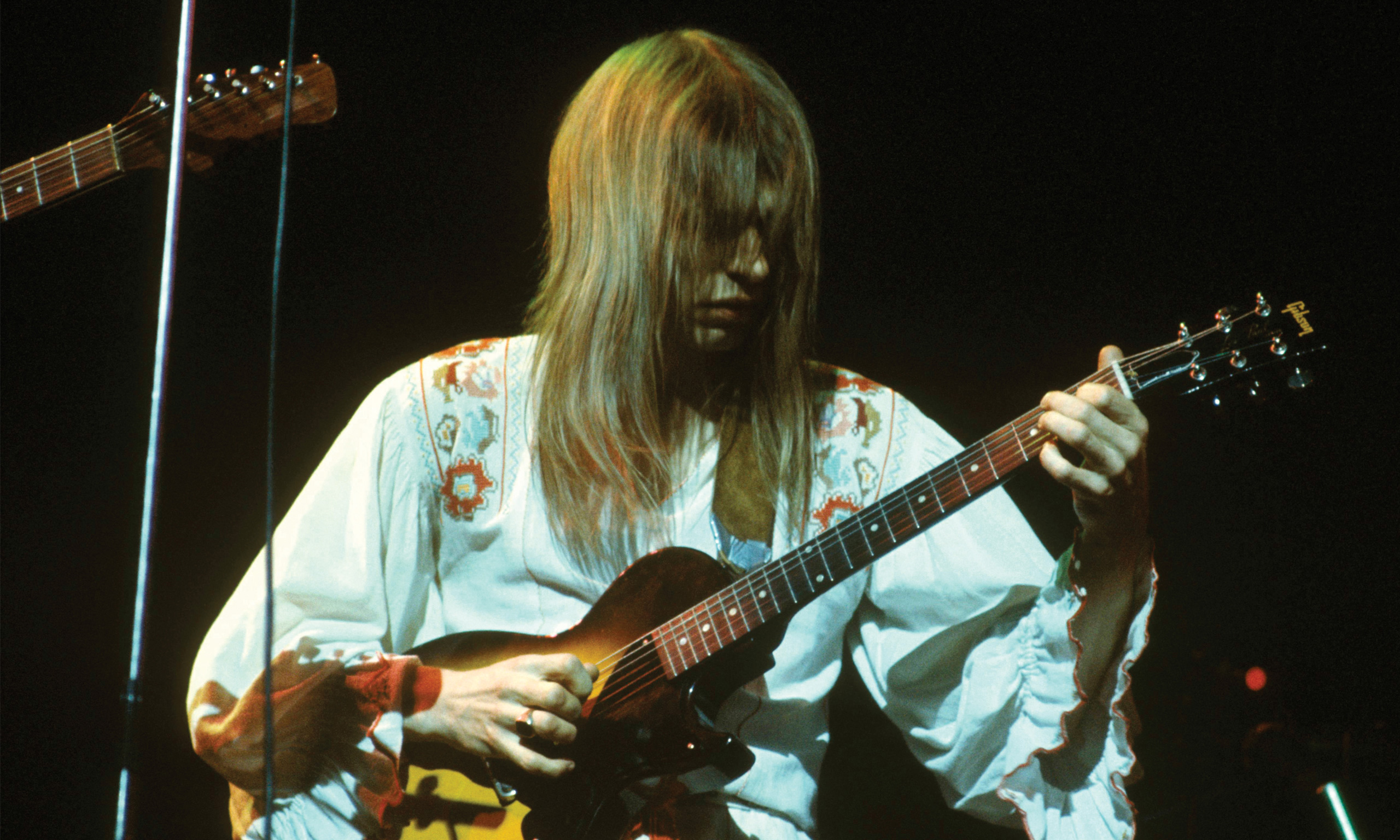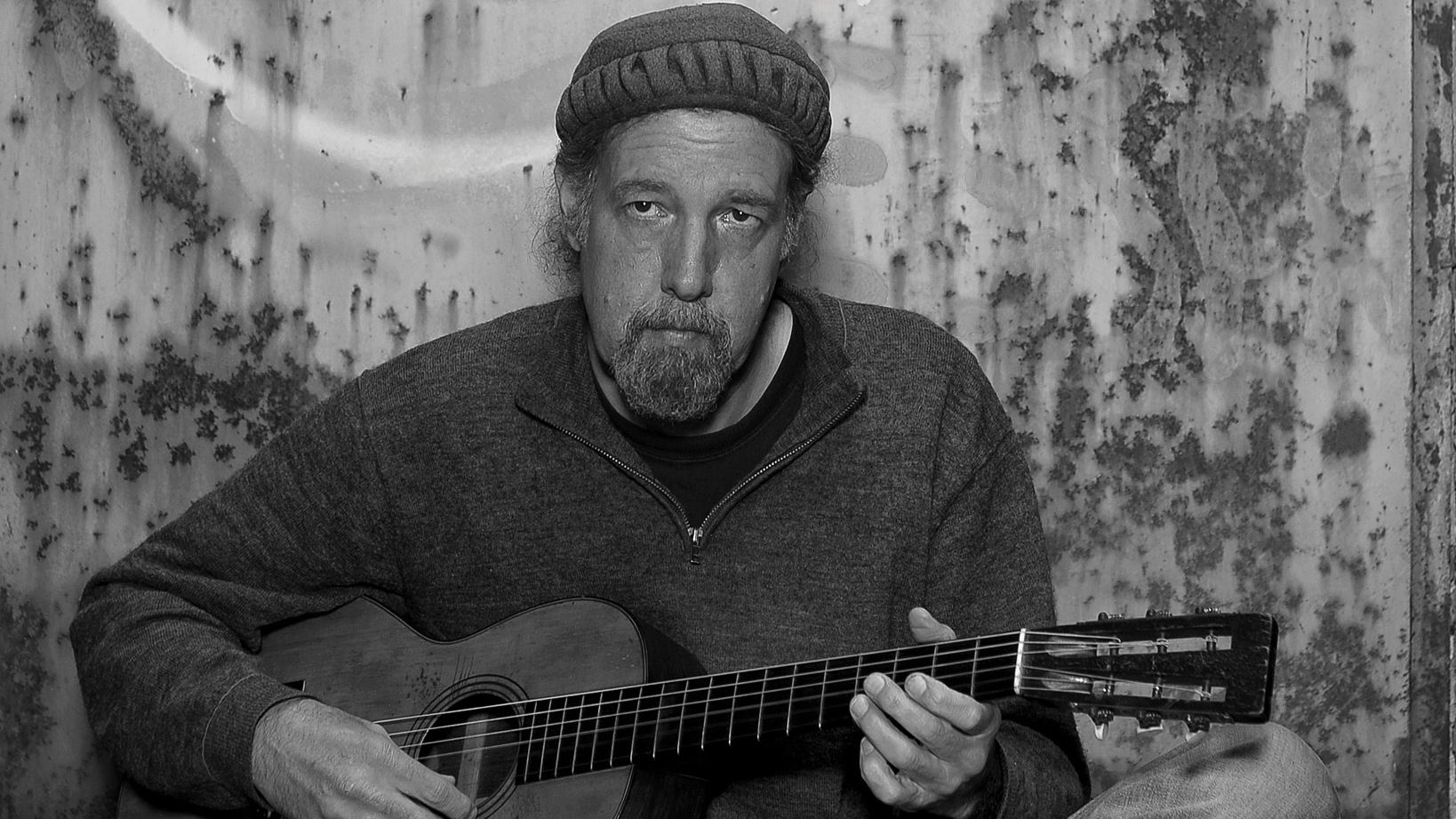“Steve Howe was the first guitarist I heard whose playing really challenged me. I was 12 years old when I first heard the song Roundabout on the radio. I remember recording it from the radio onto cassette tape and then calling my friends and playing it to them over the telephone. It was a few more years before I started playing guitar but I eventually revisited that song and then started digging through other Yes records. I wanted to learn how to play what he was playing so bad but I could never figure any of it out. He was combining rock, jazz and classical elements, often within the same song. It seemed impossible to me. He inspired me to work harder on the guitar and to not be afraid to explore other possibilities.”

“Yes were so very different [from what I was listening to at the time]. I was a complete Beatles freak and was getting into a lot of classic rock but Yes seemed to rise to a different level. It was a new listening experience for me at the time. I also really liked the idea of very long songs which included a number of different sections that were assembled just in the right way. I eventually saw Yes perform in Michigan in the mid to late 70s, when I was just starting to get more serious with my guitar playing. It was a great show and it went for nearly three hours. I was amazed that the band could replicate the records quite easily. Again, that seemed impossible to me. It was impressive.
It’s really hard to pick a favourite but I probably like the album Close To The Edge the best and the song Sound Chaser from Relayer has some solo playing on it which I think is great… but all of it is great!
Steve Howe’s playing has allowed me to think about different approaches to the guitar, and it’s given me some good avenues to explore, especially in relation to experimentation and the combination of different styles of playing. He makes it seem so easy and I know for a fact that it’s not. Steve Howe is fearless which is an important attribute to have. He’s a guitarist’s guitarist.”
My Prog Hero: Novelists guitarist Florestan Durand on Periphery

